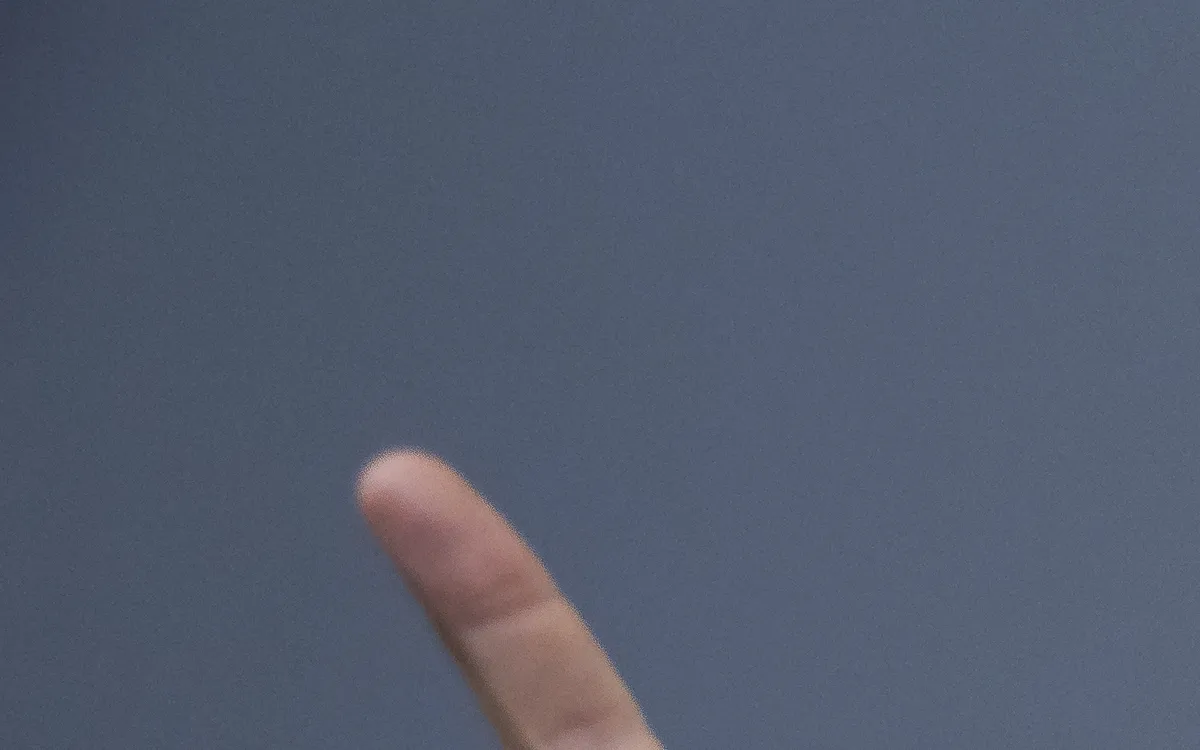
The latest proposal unveiled by Chair Brett Guthrie (R-Ky.) aims to reform Medicaid without drastically slashing federal reimbursement rates or imposing per-capita caps on state payments. However, this initiative is expected to compel states to either overhaul their financing mechanisms or reduce benefits, potentially impacting millions of Americans. A preliminary estimate from the Congressional Budget Office, requested by Democratic lawmakers, indicates that over 8.6 million people could become uninsured if the health-related components of this GOP package are enacted.
While significant alterations to Medicaid may encounter strong opposition in the Senate, some Republican lawmakers are rallying behind Guthrie’s plan. For instance, Rep. Nick Langworthy (R-N.Y.), who previously expressed concern about deep cuts to Medicaid, commended the proposal as “bold” and aligned with their priorities to protect Medicaid for those who truly need assistance. Similarly, Rep. Gabe Evans (R-Colo.) highlighted that the legislation aims to eliminate waste, fraud, and abuse while safeguarding coverage for Colorado’s most vulnerable populations.
Evans further clarified that the bill allows for Medicaid spending to increase annually over the next decade, countering fears about potential cuts. However, once the proposal reaches the House floor, its future remains uncertain. Resistance from just three Republican members could derail this extensive package, which also encompasses tax cuts, border security enhancements, and defense funding.
Some members of the hard-right faction, including Rep. Chip Roy (R-Texas), have criticized the proposal for lacking “transformative changes” to Medicaid. Roy emphasized the need for “significant additional changes” to earn his support, indicating a potential rift within the Republican ranks. The fate of the proposal may hinge on whether a broader coalition of swing-district Republicans can be persuaded to back it.
Guthrie has argued that the legislation focuses on preserving Medicaid for the most vulnerable individuals rather than “capable adults who choose not to work.” However, Democrats are poised to leverage the predicted loss of coverage and potential repercussions on state budgets to pressure Republicans who may be hesitant to support the measure.
Ranking member Frank Pallone (D-N.J.) has voiced strong opposition, asserting that the GOP's portrayal of the proposal as moderate is misleading. As pressure mounts from health care providers, many Republicans have cited concerns about potential hospital and clinic closures as a reason for their wariness regarding cuts. While extreme scenarios may not materialize, health care advocates contend that the proposed changes will still have dire consequences.
The National Association of Community Health Centers is launching a campaign on Capitol Hill, and hospital groups are releasing strong statements against the bill. Given that hospitals are significant employers in many congressional districts, their influence could be pivotal in swaying votes.
Some state governments, particularly in blue states, have issued warnings about the potential for coverage losses and severe financial repercussions. For example, Sarah Adelman, commissioner of New Jersey’s Medicaid agency, stated that the proposal would strip coverage from individuals and remove crucial funding from the state by limiting provider taxes, a common financing method for Medicaid programs. Additionally, the Greater New York Hospital Association has expressed concerns that work requirements could lead to approximately 1.6 million people losing coverage in New York alone.
New York, which utilizes state funds to cover undocumented children, could also see a loss of $1.6 billion in federal funding due to cuts in expansion funding for undocumented immigrants. In response, Republicans have accused Democrats of fear-mongering regarding the legislation's impacts. They have specifically contested a CBO estimate used by Democrats, which suggested that 13.7 million more people could become uninsured, arguing that it included projected losses stemming from unrelated policies not addressed in the GOP's bill.
In his defense, Guthrie stated, “Democrats are pedaling incorrect reports that include policies that aren’t even in the bill,” describing their allegations as an attempt to inflate coverage loss figures for political gain.